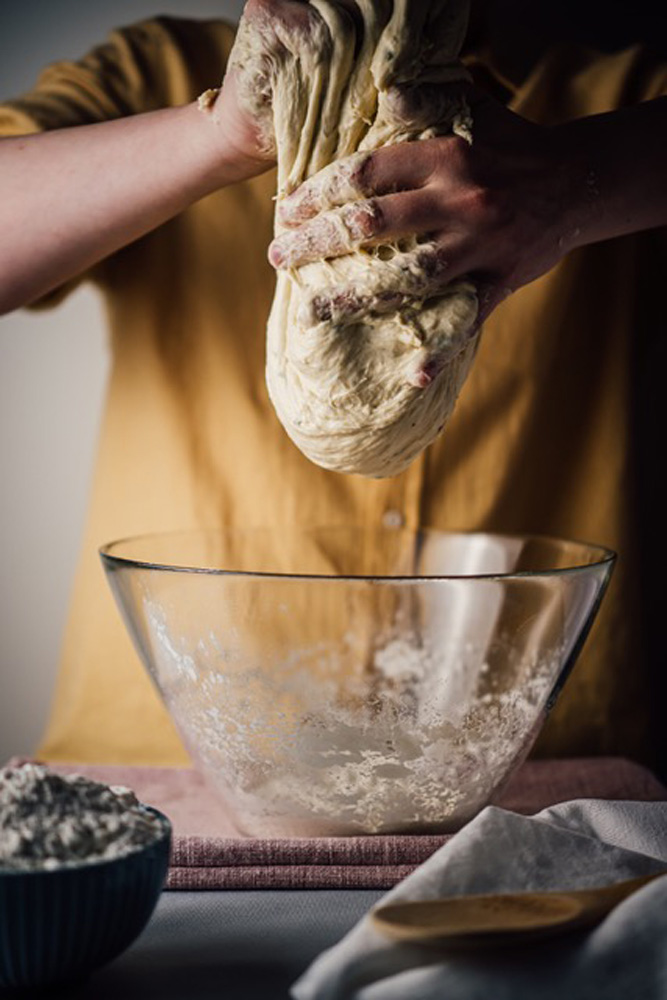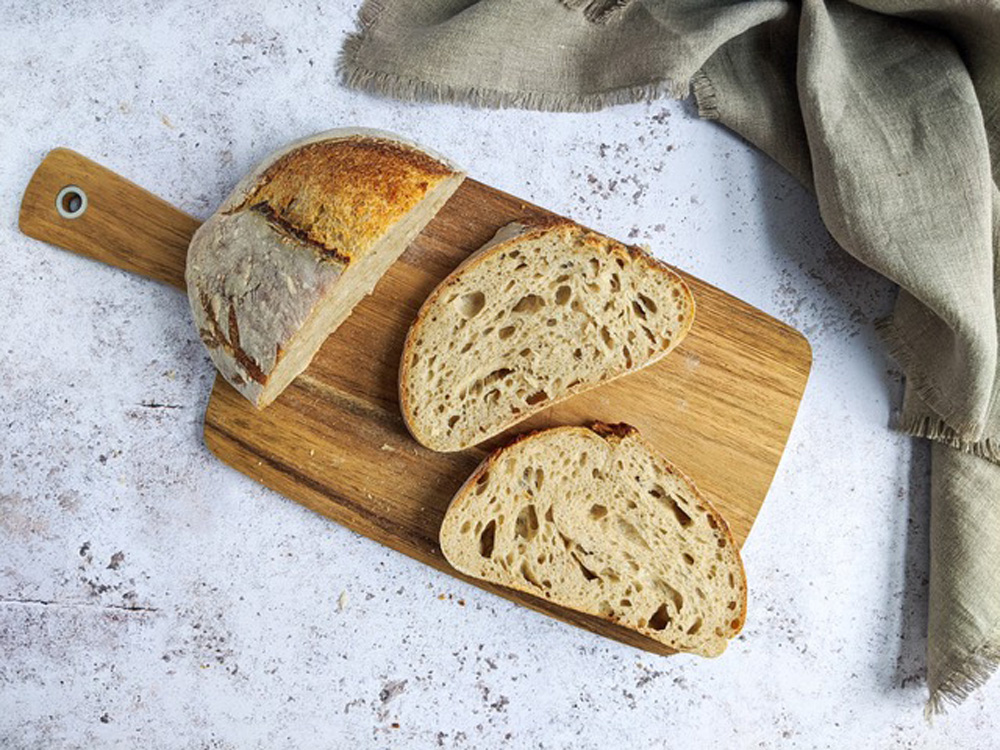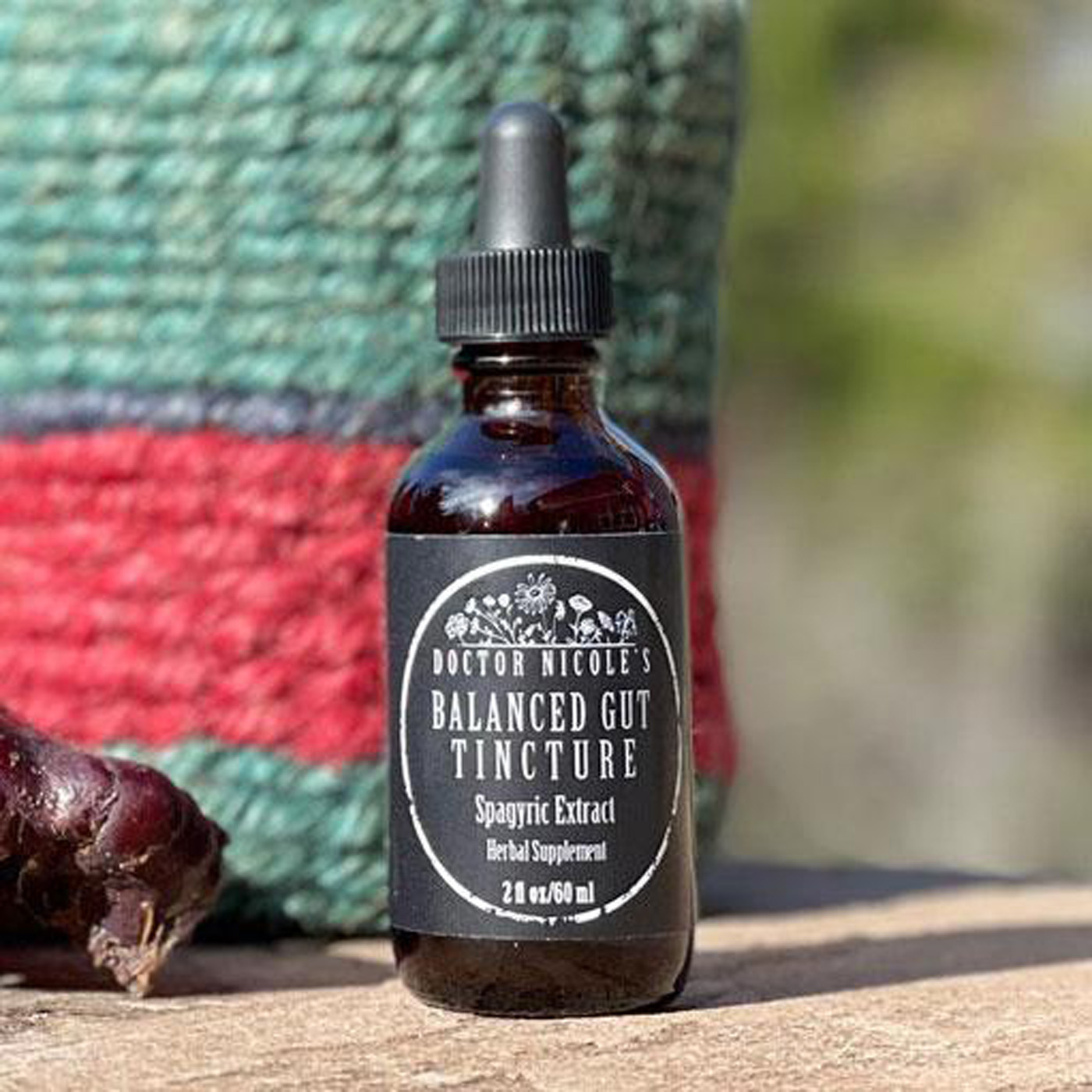The History of Sourdough
Known as one of the oldest techniques for fermenting grains, sourdough bread is believed to have originated in ancient Egypt around the year 1500 B.C. Leavened by natural wild yeast present in the air and lactic acid bacteria, this fermentation is what gives the bread its sour taste. Interestingly, every region has its own wild yeast that gives each sourdough a unique flavor, from the famous San Francisco sourdough of the gold rush to varieties from Russia, the Middle East, and Australia, each is unique. Astoundingly, many sourdough starters are descendants of the same used hundreds of years ago that have been passed down for generations. What’s more, traditional sourdough bread is good for you! Let’s explore this wild world of fermentation below.

Science-Backed Health Benefits
Usually when we think of bread, we don’t normally consider it particularly healthy. But traditional sourdough with a long ferment is the exception — especially if it is made with whole grains. The key word here is “traditional” — store-bought sourdough generally doesn’t have the same health benefits as it isn’t a long ferment and often uses baker’s yeast along with other additives. But artisan bakeries are discovering the joys of traditional sourdough, as are bakers at local Farmers Markets. Of course, traditional sourdough is something that can be made at home as well. For our purposes here, when I refer to sourdough, it is the traditional long ferment variety.
You may be wondering why sourdough is considered healthy. Great question! I suspect our forefathers knew the answer through experience before the development of baker’s yeast. And now science has confirmed what tradition has long known. Namely, that sourdough bread is good for your gut microbiome, digestion, and health. Research published in the journal Trends in Food Science & Technology found that sourdough is more than just a delicious food:
“The most recent literature showed how the sourdough fermentation mainly increased mineral bioavailability, enabled fortification with dietary fibers, lowered glycemic index, improved protein digestibility and decreased the content of anti-nutritional factors.”1
Anti-nutrients such as phytate are present in all grains and legumes. What makes them problematic is that they can block the absorption of important minerals like magnesium, calcium, and zinc. This leads to a range of issues, including poor dental and bone health. Foods like sourdough help to “deactivate” these anti-nutrients, which in turn improves the digestibility and nutrition of the grains. Moreover, sourdough’s low pH, lactic acid, and prebiotic content also increases the nutrient and antioxidant profile.3 Incredibly, the process of fermenting sourdough reduces the phytate content of bread by more than 70%.3 It also helps to reduce the risk of leaky gut by reducing intestinal permeability as it helps to break down the gluten present in flour.4 It is important to note that the sourdough used in the study was fermented for around 24 hours using specific lactobacilli cultures, along with a combination of wheat and gluten-free flours, including oat, millet, and buckwheat. Participants involved in the study were celiac sprue patients and did not display measurable gut changes after eating the specially prepared sourdough. Please keep in mind that if you have been diagnosed with celiac disease, it is always wise to discuss the introduction of sourdough bread with your physician. For those who have a non-celiac sensitivity to gluten, proceed with caution as some can still react to sourdough, depending on how it was made.
Our “good” gut bacteria also thrive in the presence of lactic acid and prebiotics, thereby creating a robust microbiome.2 Why is this important? As I wrote in, “Fertilize Your Gut? You Bet! Here’s How“:
“The gut microbiome is host to an abundance of intestinal flora that can make (or break) your physical and mental health depending on if it is balanced. From immunity to nutrient absorption, anxiety and depression to weight loss, the gut microflora plays a crucial role in our overall well being.”
Sourdough has been shown to support better blood sugar control as well. Researchers suspect that through the process of fermentation, the structure of carbohydrate molecules are changed to improve the glycemic index rating of sourdough.1 Lactic acid bacteria may also assist with preventing blood sugar spikes.5
Thankfully, resources abound for how to make your own sourdough via YouTube, specialty cookbooks, and websites so that you too can enjoy the outstanding health benefits. Several online bakeries also sell long ferment sourdough — a quick internet search will lend several options in this regard if you choose not to bake your own.

Herbal Support
While sourdough can certainly support gut health and blood sugar control, sometimes we need a little extra help. This is where herbal medicines come in. My Balanced Gut Blend and Heart & Blood Sugar Support Bundle are potent formulations that can help you achieve your health goals. Visit the apothecary today and experience the power of herbal remedies for yourself!
Nicole Apelian
Nicole’s Apothecary Products in this Post
References
- Thirty years of knowledge on sourdough fermentation: A systematic review.
February 2021.Trends in Food Science & Technology 108:71-83
DOI:10.1016/j.tifs.2020.12.008. https://www.researchgate.net/publication/347822146_Thirty_years_of_knowledge_on_sourdough_fermentation_A_systematic_review - De Filippis, F., Pasolli, E., & Ercolini, D. (2020). The food-gut axis: lactic acid bacteria and their link to food, the gut microbiome and human health. FEMS microbiology reviews, 44(4), 454–489. https://doi.org/10.1093/femsre/fuaa015
- Ma, S., Wang, Z., Guo, X., Wang, F., Huang, J., Sun, B., & Wang, X. (2021). Sourdough improves the quality of whole-wheat flour products: Mechanisms and challenges-A review. Food chemistry, 360, 130038. https://doi.org/10.1016/j.foodchem.2021.130038
- Di Cagno, R., De Angelis, M., Auricchio, S., Greco, L., Clarke, C., De Vincenzi, M., Giovannini, C., D’Archivio, M., Landolfo, F., Parrilli, G., Minervini, F., Arendt, E., & Gobbetti, M. (2004). Sourdough bread made from wheat and nontoxic flours and started with selected lactobacilli is tolerated in celiac sprue patients. Applied and environmental microbiology, 70(2), 1088–1096. https://doi.org/10.1128/AEM.70.2.1088-1096.2004
- Stamataki, N. S., Yanni, A. E., & Karathanos, V. T. (2017). Bread making technology influences postprandial glucose response: a review of the clinical evidence. The British journal of nutrition, 117(7), 1001–1012. https://doi.org/10.1017/S0007114517000770






